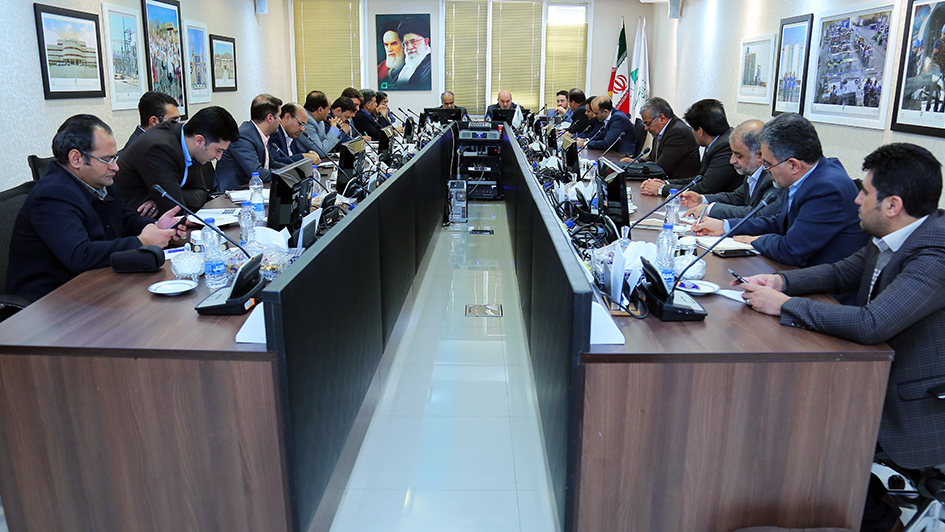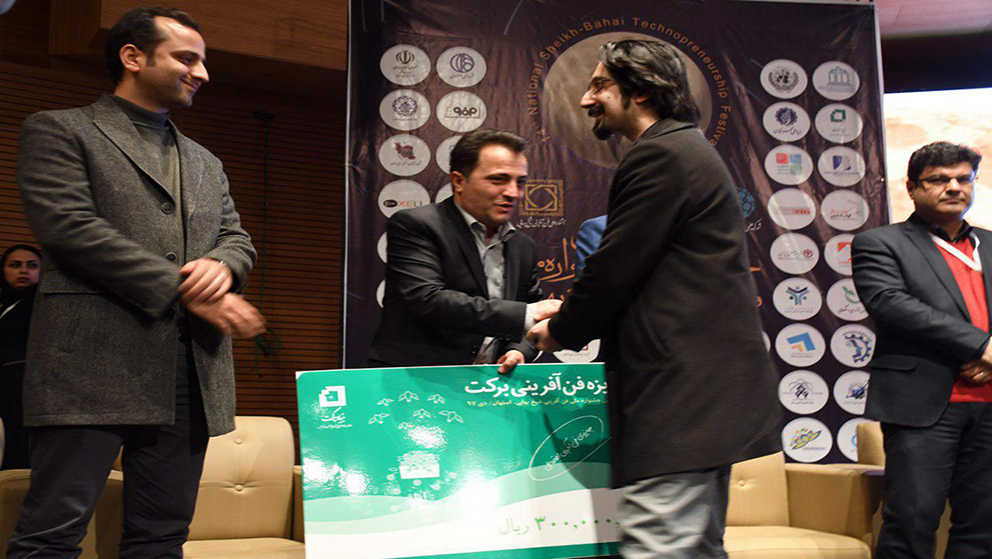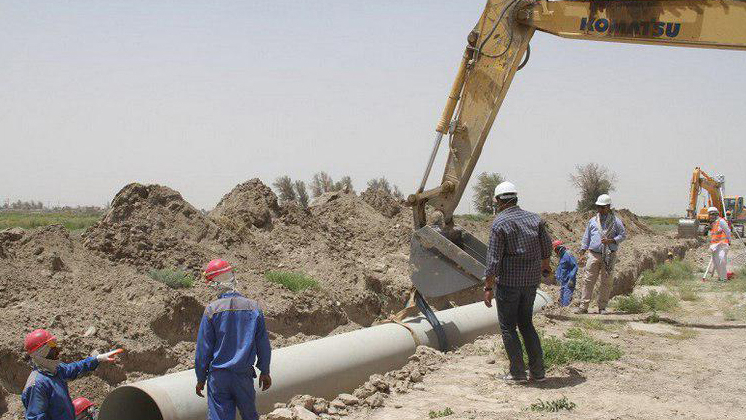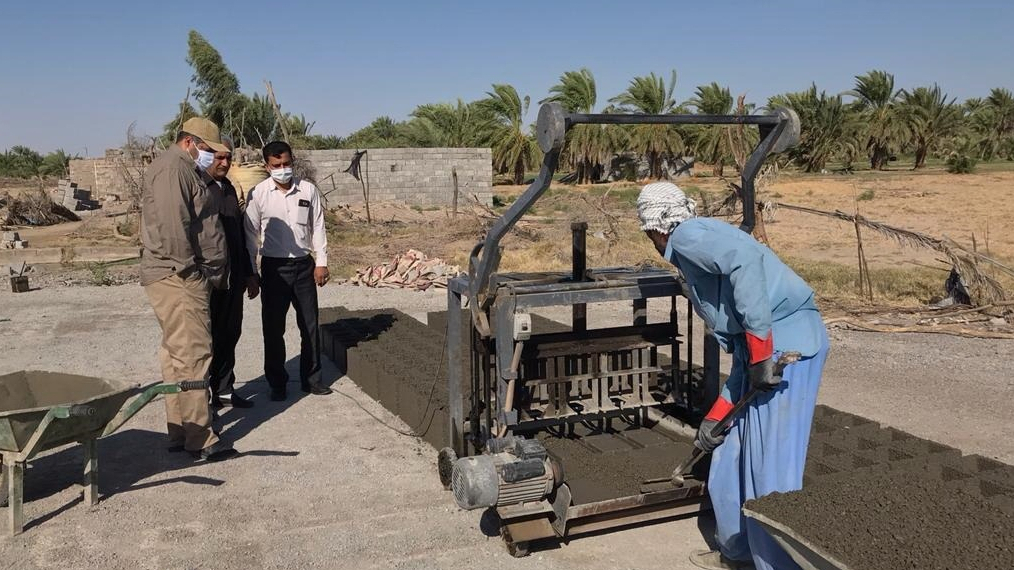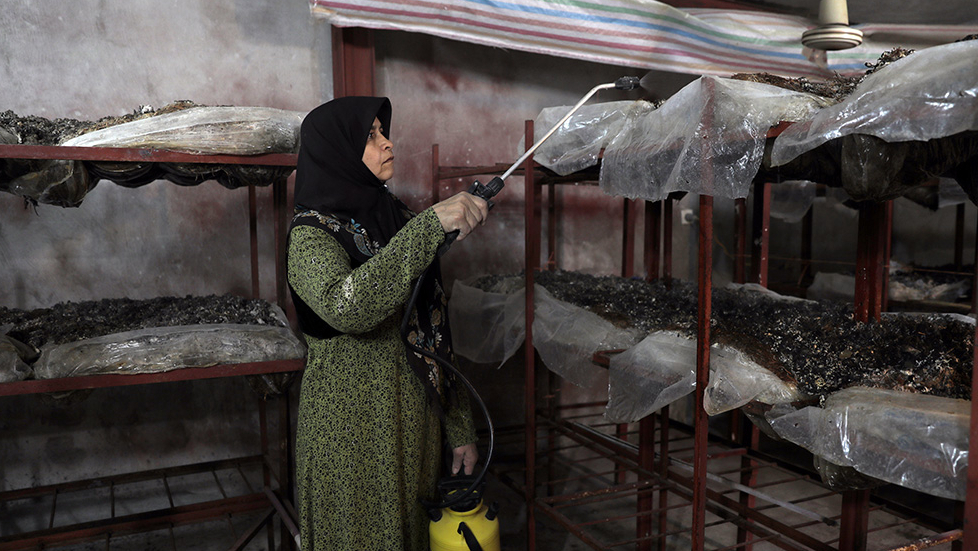
Saying that, Dr. Asgari Azad said, “After the last year’s earthquake in Kermanshah Province, the government and supportive entities and people made many efforts to meet the earthquake-ridden people such as providing temporary housings, permanent housings and distribution of food and sanitary stuff, but generating jobs for those whose jobs and livelihood have been vanished by the earthquake or those whose breadwinner has been died or disabled was one of the unnoticed issues after the earthquake.”
“No organization or department has involved with this matter and this group of our countrymen has no choice but living with the allowances distributed by the supportive organizations. On the other hand, Barakat Foundation had a successful experience in employments with fast results, especially in the villages and deprived areas. In this regard, Barakat Foundation has two initiatives: ASEMAN (popular investment and manpower employment initiative) and AFTAB (poverty eradication and empowerment initiative) which are currently implemented across the various parts of the state.” He added.
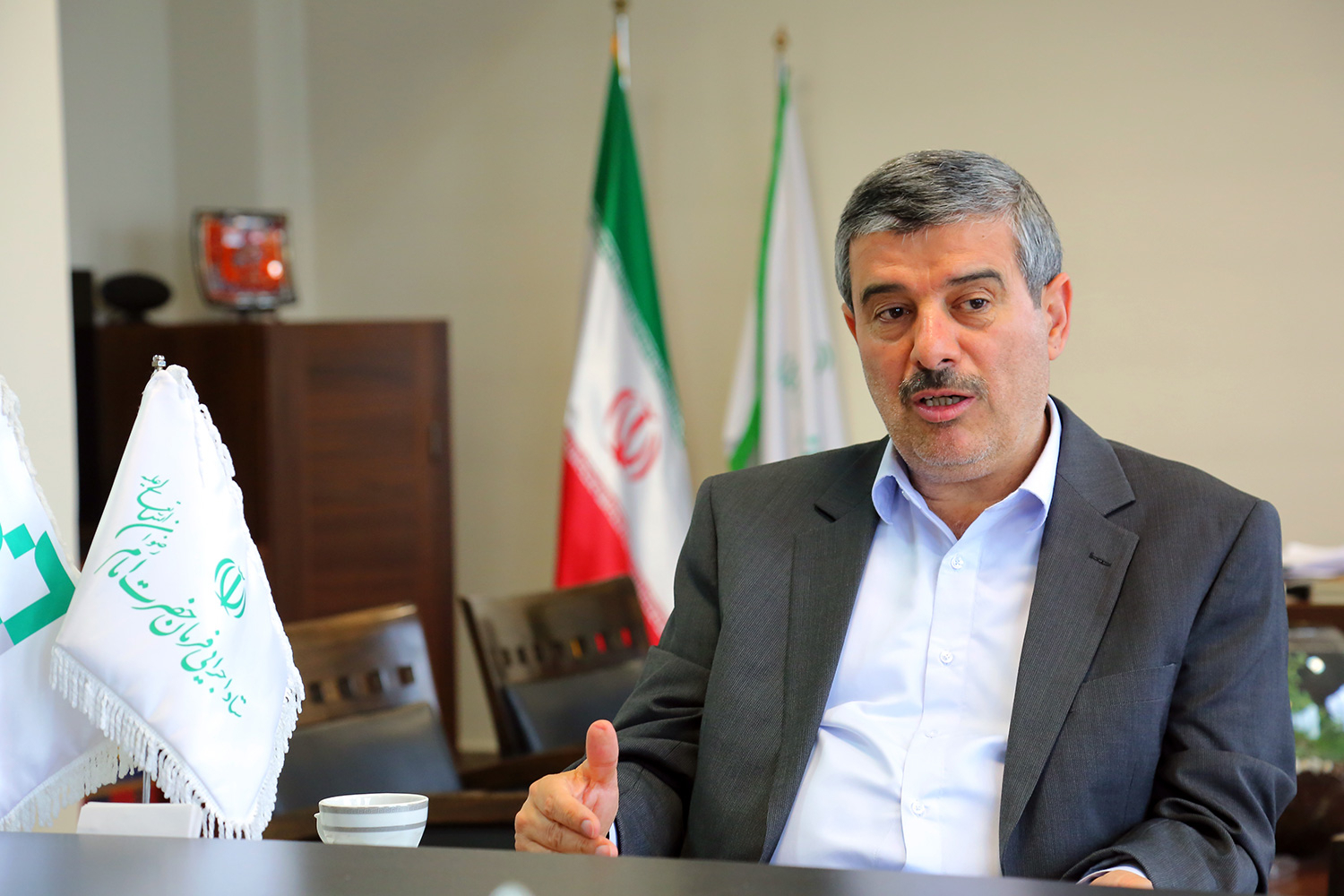
Explaining these initiatives, Dr. Asgari Azad said, “to ASEMAN initiative, the rural households are identified and organized, then they are trained and they will be provided with the proper facilities. In fact, this initiative develops domestic jobs in villages and the deprived regions through economic and social empowerment of villagers. To the AFTAB Initiative, those villagers who have developed domestic jobs in packing, marketing, brand-making areas are supported.”
“Since these two initiatives have been implemented in several parts of the country and have been resulted in some successful results, the president of EIKO ordered to implement them in order to cover occupational harms experienced in the west earthquake-ridden people. Since then, our group started its studies. It was aimed at extracting data about households who have lost their breadwinner member, households whose breadwinner member have become disabled and those who have lost their tools and facilities.” He added.
He said that to identify such households we used local facilities and cooperation of certain entities such as Imam Khomeini Relief Committee and the regional Welfare Organization. He also said, “Since nobody else involved this area before us, there was no centralized set of data. Thanks to the cooperation of the mentioned entities we succeeded to identify totally 301 households in various villages and towns of Kermanshah Province and cover them with the employment priorities. Out of the 301 identified households, 126 and 175 households had a male and female breadwinner, respectively.”
Head of Board of Directors of Baraket Foundation said, “After identification of these people, the jobs they could perform were classified into 21 classes. Breeding small and large livestock, given the rural texture of the region and the relative advantage of husbandry was more popular than others and more people preferred it. Other various jobs such as barbershop, tailoring, selling tissues and carpet weaving were also amongst the applicant's list.”
Elsewhere in his remarks, Dr. Asgari Azad said, “After classifying and determining the jobs, we started the financial phase. The earthquake-ridden households had no money at all and for this reason, a total of 45 billion Rials granted credits were devoted. Out which 30 billion rials were funded by Barakat Foundation and 15 billion rials were provided with Imam Khomeini Relief Committee. Besides the granted credit, 26 billion rials, as interest-free loans, were devoted for development of certain rural jobs. Accordingly, for each job, 235 million rials (as granted credits and interest-free loans) were funded.”
“A part of the allocated credit was expensed for the education of the applicant people; because the domestic businesses, despite what would be seemed, are not simple and easy and they need training. For instance, there are certain principles and standards in breeding small livestock, which will result in more interest and profit, if they are met. Besides dispatching facilitators who were sent for education purposes to the villages and the deprived areas, we prepared both scientific and practical brochures and texts whose purpose was enhancing the quality and proficiency of businesses and they were able to train standards and principles of working to people,” He added.
Emphasizing the fact that in the supportive employment plan across the earthquake-ridden areas of the Kermanshah Province all phases are closely supervised, he said, “A great deal of the executive operation of businesses has been completed so far. Some households have started their constructional works and some of them have completed them. Our schedule says that by the next January, businesses of 301 households will be completed and they will reach a standard earning.”
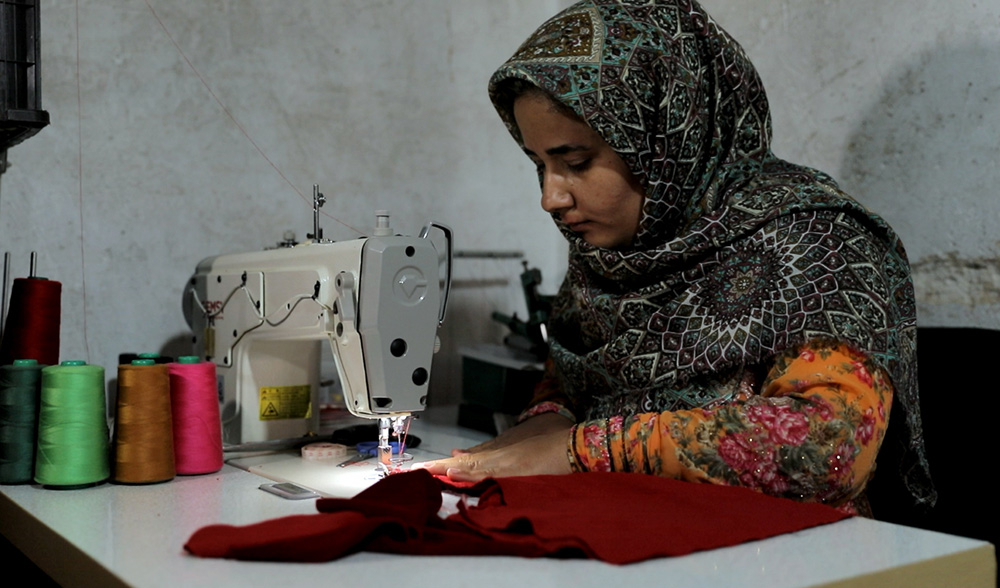
According to him, the supportive job generation in the earthquake-ridden of Kermanshah Province can be considered as a role model for the development of such quick businesses across villages and deprived areas of the country.
“It can be developed as a role model and will be exercised in other parts, which it would be profitable for the country’s economy and also can be effective in managing and solving many drawbacks such as immigration and deprivation. The fact is that to keep villagers at their villages, we need to provide them with income sources. Construction of roads and schools and similar constructional activities – although are necessary for villages- is not sufficient to convince villagers to remain in their home”, he added.
He reminded, “During past years, we had facilities and credits for developing rural jobs, but since the education issue has been underestimated, and there was no business plan for the jobs or there was no sufficient supervision, loans were mostly diverted and the ideal result was not achieved. As you may know, when the financial resources are provided for an applicant in a deprived region, without supervision, his/her efforts mostly will lead to failure and the deprived person will become a deprived person with debts.”
He emphasized “In the rural employment initiative of Barakat Foundation, we avoid this approach, but in this approach, all phases including education are done under close and precise support and supervision of the local organizations. We not only consider the financial resources but also we cover other variables and we support the applicant completely until his/her business is formed and it reaches income-making phase and we prevent any sort of financial diversion in this regard.”









